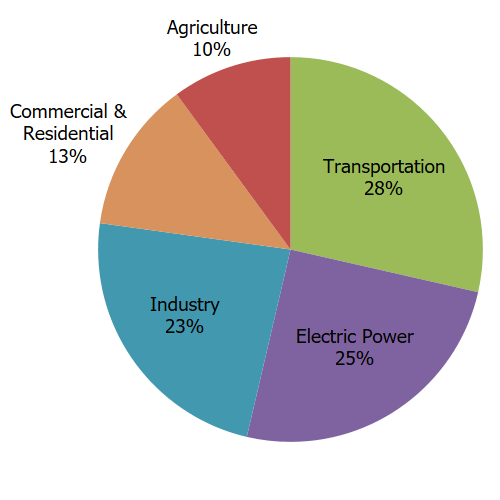The growth of remote and hybrid work during the COVID-19 pandemic showed limiting trips to the office can reduce the carbon footprint of simply working by as much as 58% in the United States.
To be clear, this is talking about reducing an individual’s carbon footprint… a drop in the bucket compared to big industry. They also mention re configuring offices to use more shared spaces and occupy less space overall by sharing office space and resources by rotating workers use of the same resources instead of having individual spaces for everyone. That apparently is about a 23% decrease for the office carbon footprint. None of this is about the total greenhouse emissions of the country like the headline sort of vaguely implies. It also requires major logistical changes that, while hopeful to think would happen, I suspect companies aren’t going to do as it requires serious restructuring of how they operate.
Now, I’m not saying that we shouldn’t try things that aren’t the perfect solution. I am just pointing out how this is just another idea that ignores the real problem. Just another thing making it seems like individuals are the problem.
I also want to be clear that I’m not against working from home.
this is talking about reducing an individual’s carbon footprint… a drop in the bucket compared to big industry
Big industry exists to serve individuals consumption. Both of these things are one in the same, because everything that gets produced has to be consumed otherwise it gets put into a warehouse and the companies that are producing things go out of business.
With one person no longer driving to work every day big industry stops building oil and gas and whatever the heck else for them and starts instead building whatever they choose to spend their money on when they’re stuck at home all day.
Probably internet games and food delivery. As long as those are less carbon intensive than the person driving to work every day, you get total net savings and it could be very significant.
Hhhmmm… Kinda of make sense.
Not reading. Absolute bullshit. Not a chance in hell and not giving clicks.
Not driving cuts down on car exhaust. That isn’t bullshit, it’s a no-brainer.
It’s probably questionable because the headline is worded misleadingly. You wouldn’t cut overall emissions in half, but you’d cut a portion of them in half.
Only 28% of ghg are from transportation

Only 57% of that might be cut down by working from home
You’d get a bit of savings from commercial too
Okay, thanks for letting us know
Do you think burning fossil fuels somehow helps the atmosphere?




